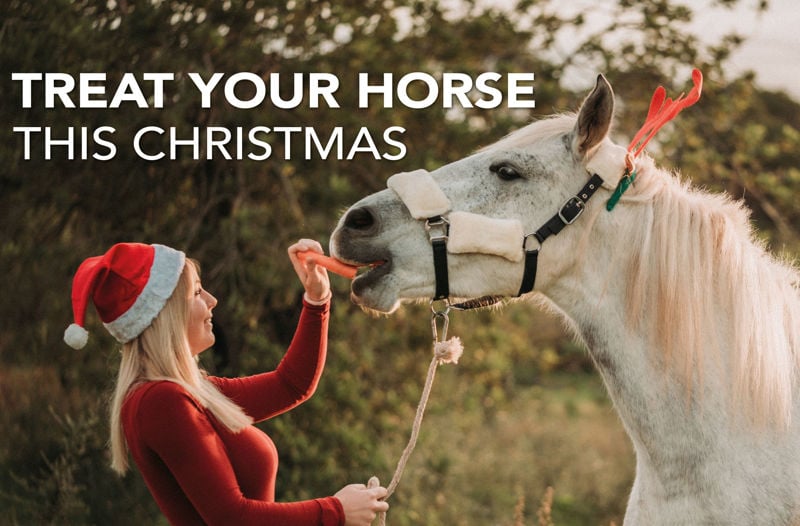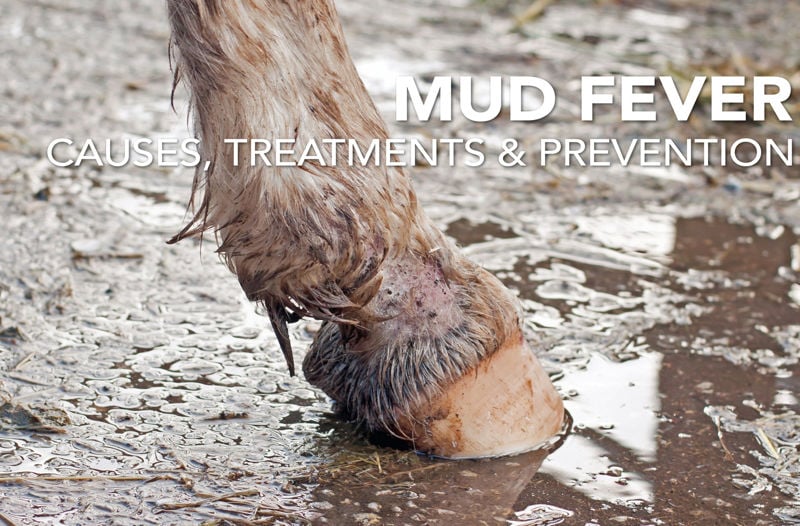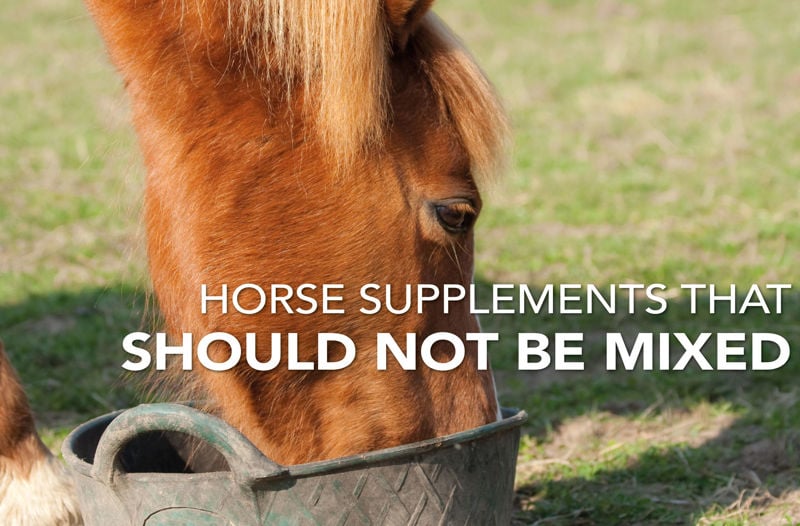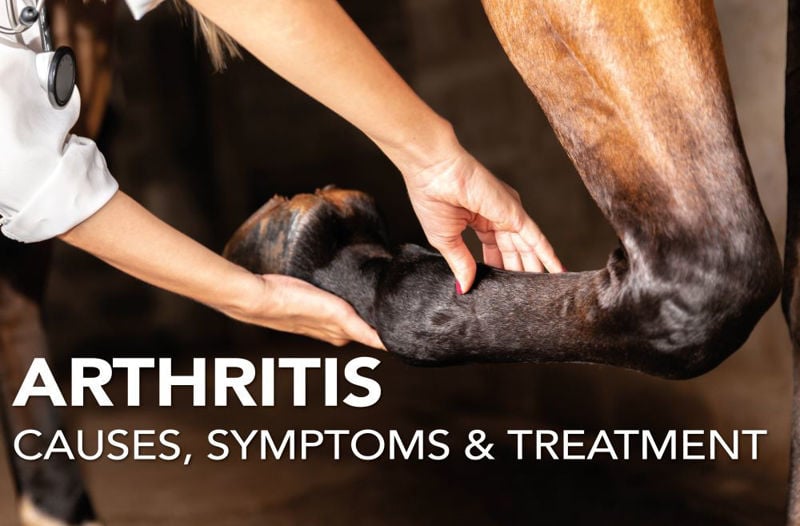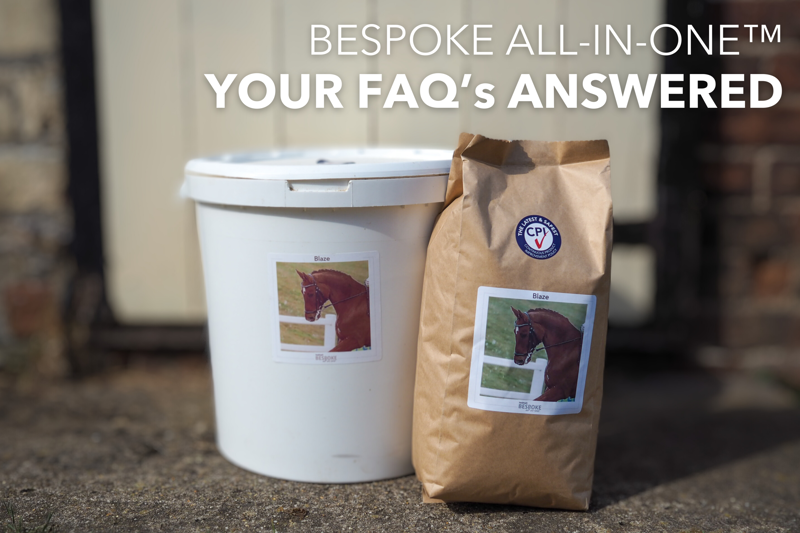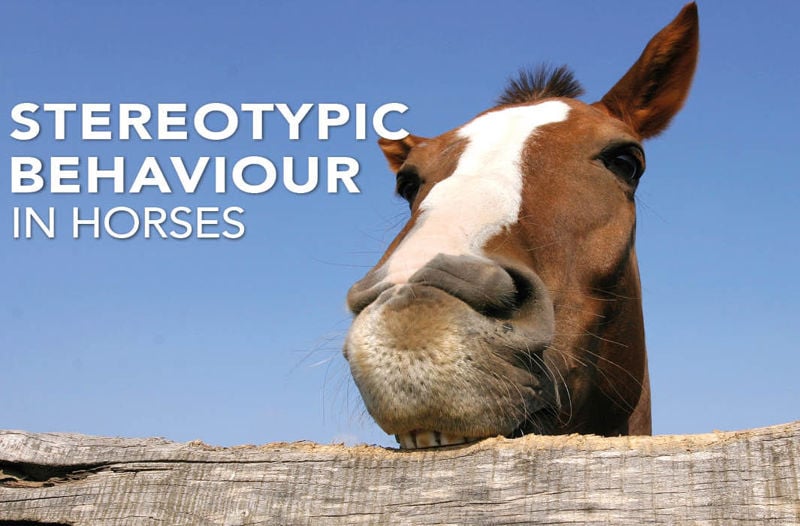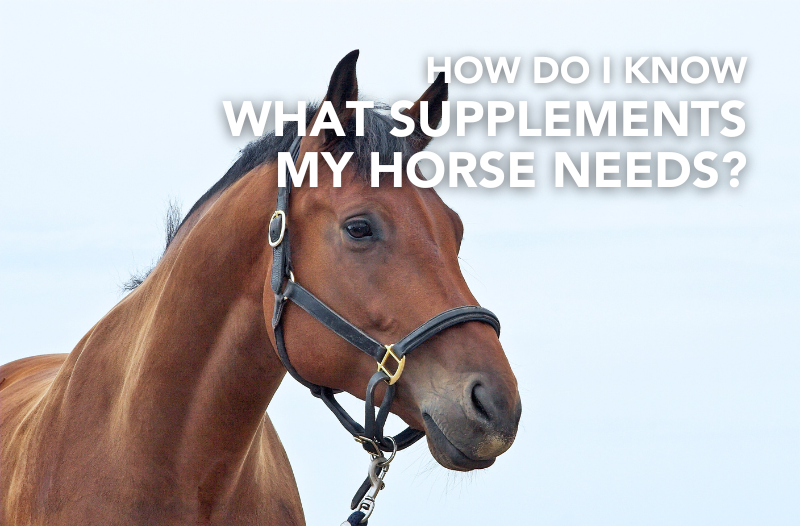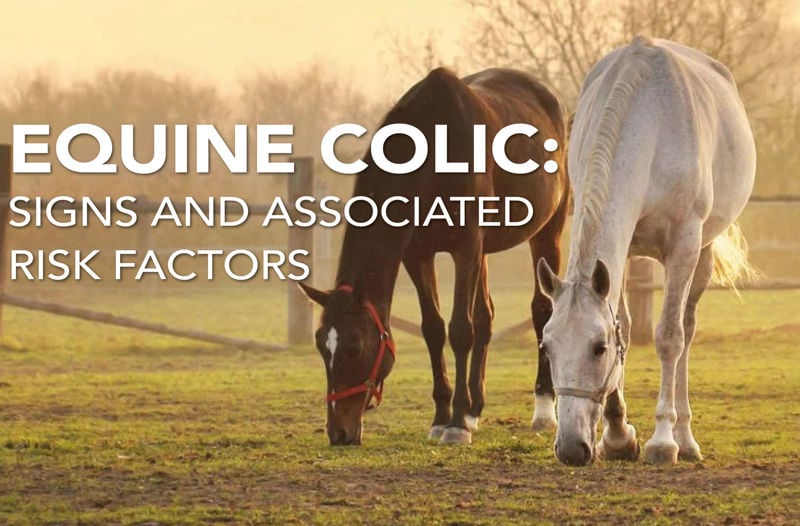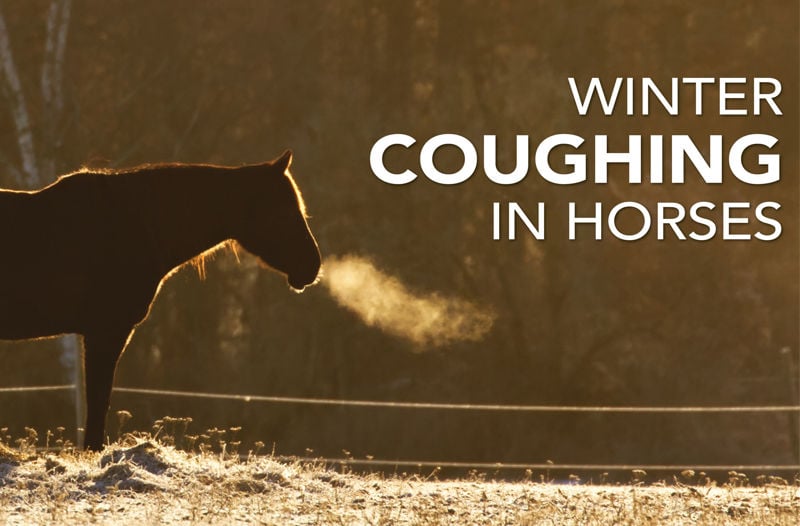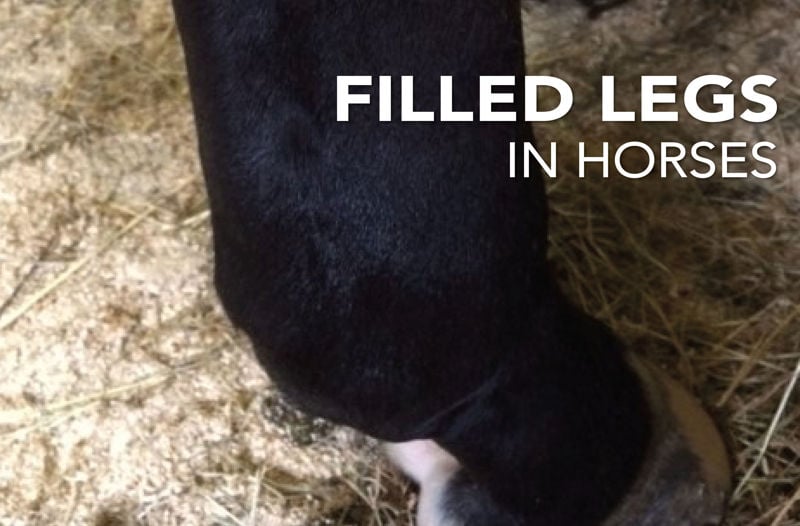Here's why you shouldn't use New Year resolutions, and how to aim for a successful 2025 with your horse...
Filters
Blog Options
Blog archive
- 2026
- 2025
- 2024
- 2023
- 2022
- 2021
- 2020
- 2019
- 2018
- 2017
- 2016
- 2015
Close
45 YEARS AT THE CENTRE OF EQUINE NUTRITION™

- Bespoke All-in-One™
-
Products
- Back
- Horse Joint Supplements
- Horse Digestion Supplements
- Horse Muscle Supplements
- Horse Vitamins & Minerals
- Horse Calming Supplements
-
Horse Respiratory Supplements
- Back
- Clarity®
- Horse Hoof Supplements
- Horse Skin & Coat Supplements
- Horse Health Supplements
- Supplements for Older Horses
- Horse Breeding Supplements
-
Horse Hormone Supplements
- Back
- Hormonease™
- Horse Treats
-
Herbs for Horses
- Back
- Boswellia
- Burdock Root
- Celery Seed
- Chamomile
- Chastetree Berry
- Cider Apple Vinegar
- Cinnamon
- Clivers
- Comfrey
- Dandelion Roots & Leaves
- Devil's Claw
- Echinacea
- Fenugreek Seeds
- Fussy Feeder
- Garlic Powder
- Hawthorn
- Hedge Herbs
- Liquorice
- Marigold Flowers
- Marshmallow Root
- Meadowsweet
- Milk Thistle Seeds
- Mint
- Nettle
- Rosehips
- Seaweed
- Slippery Elm
- Spirulina
- Turmeric
- Yucca
- Canine
- Gift Cards / Rewards
- ABOUT US
- Contact Us
- Knowledge base
Menu
-
Products
- Back
- Horse Joint Supplements
- Horse Digestion Supplements
- Horse Muscle Supplements
- Horse Vitamins & Minerals
- Horse Calming Supplements
-
Horse Respiratory Supplements
- Back
- Clarity®
- Horse Hoof Supplements
- Horse Skin & Coat Supplements
- Horse Health Supplements
- Supplements for Older Horses
- Horse Breeding Supplements
-
Horse Hormone Supplements
- Back
- Hormonease™
- Horse Treats
-
Herbs for Horses
- Back
- Boswellia
- Burdock Root
- Celery Seed
- Chamomile
- Chastetree Berry
- Cider Apple Vinegar
- Cinnamon
- Clivers
- Comfrey
- Dandelion Roots & Leaves
- Devil's Claw
- Echinacea
- Fenugreek Seeds
- Fussy Feeder
- Garlic Powder
- Hawthorn
- Hedge Herbs
- Liquorice
- Marigold Flowers
- Marshmallow Root
- Meadowsweet
- Milk Thistle Seeds
- Mint
- Nettle
- Rosehips
- Seaweed
- Slippery Elm
- Spirulina
- Turmeric
- Yucca
- Canine
- Gift Cards / Rewards
- ABOUT US
- Contact Us
- Knowledge base
Dr. Stephanie Hyland BSc (Hons)
 Call Stephanie Hyland MSc RNutr. or
Call Stephanie Hyland MSc RNutr. or
Sophie Pelham Burn MMedSci ANutr.
on 0800 585525 for
free qualified equine nutrition advice
 Call Stephanie Hyland MSc RNutr. or
Call Stephanie Hyland MSc RNutr. or
Sophie Pelham Burn MMedSci ANutr.
on 0800 585525 for
free qualified equine nutrition advice
Blog
During the festive period, we like to treat our horses as we do our family and friends. Our Nutritionist looks into the different ways in which you can reward and entertain your horse this Christmas!
Discover the causes, symptoms, and effective treatments for Mud Fever in horses. Learn how to prevent this common condition and keep your horse's skin healthy.
Learn which horse supplements should not be mixed and why, the risks of incorrect mineral ratios and the importance of balanced nutrition. Our expert advice will help you avoid common mistakes and ensure your horse’s optimal health.
Learn about arthritis in horses, including common causes, symptoms, and effective treatments. Discover how Feedmark’s joint supplements can support your horse’s joint health and mobility.
In this blog, we’ll explore how Bespoke supplements are created, how they ensure your horse receives the right balance of nutrients, and how they can save you time and money. Whether you’re curious about how the subscription works or concerned about over-supplementing, we’ve got all your questions answered.
Learn about stereotypic behaviours in horses, such as crib biting and windsucking. Discover their causes, risks, and effective management tips
There is an increasing amount of choice for horse owners when they are considering supplements for their horse - not just in the brands producing them, but also in the types available.
It can be difficult, therefore, to really be sure which supplements to feed and which are unnecessary for yo...
Colic is a common veterinary problem. Feedmark's Nutritionist explores what colic is, the signs to look out for and its associated risk factors.
Does your horse have a winter cough? Our Registered Nutritionist discusses why your horse may be coughing this winter, and ways to manage it.
Filled legs are a common ailment that is regularly seen among horses as we enter the winter months. Whilst this is a common occurrence, how worried do you need to be and what can you do to help reduce filled legs?
Firework celebrations often negatively impact animals and cause stress for owners. They are generally associated with loud bangs, sudden beams of light and burning smells, all of which can cause fear, distress and trigger the flight-or-fight responses in horses, dogs and many other animal species.
Copyright © 2026 Feedmark Ltd. All rights reserved.
Feedmark, Harleston, IP20 0NY

